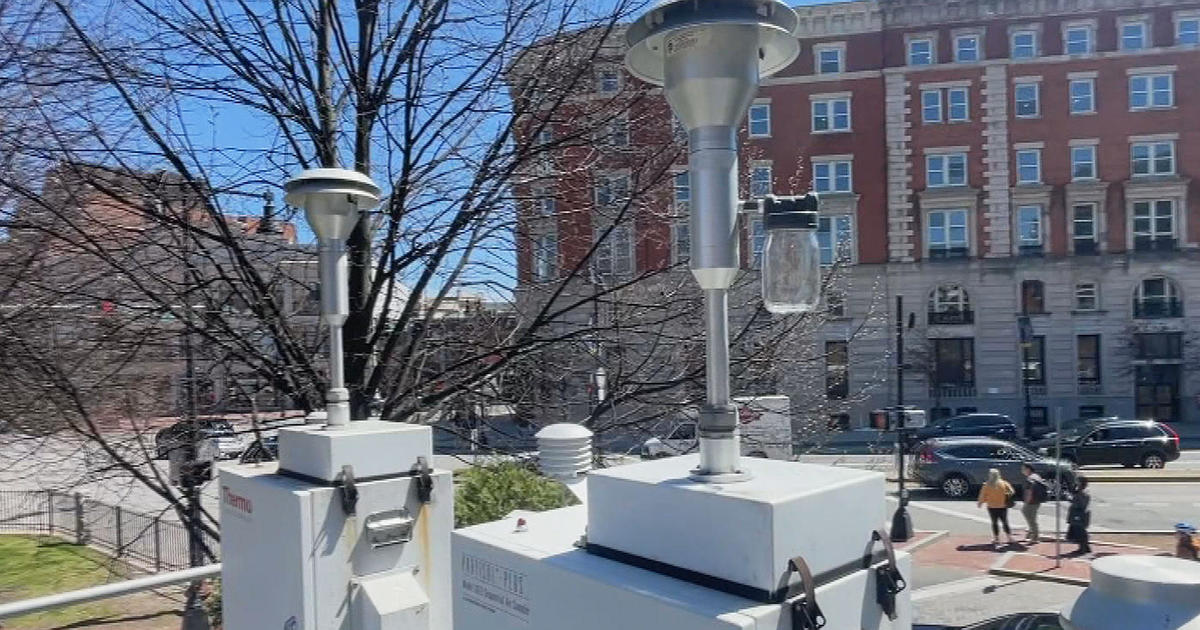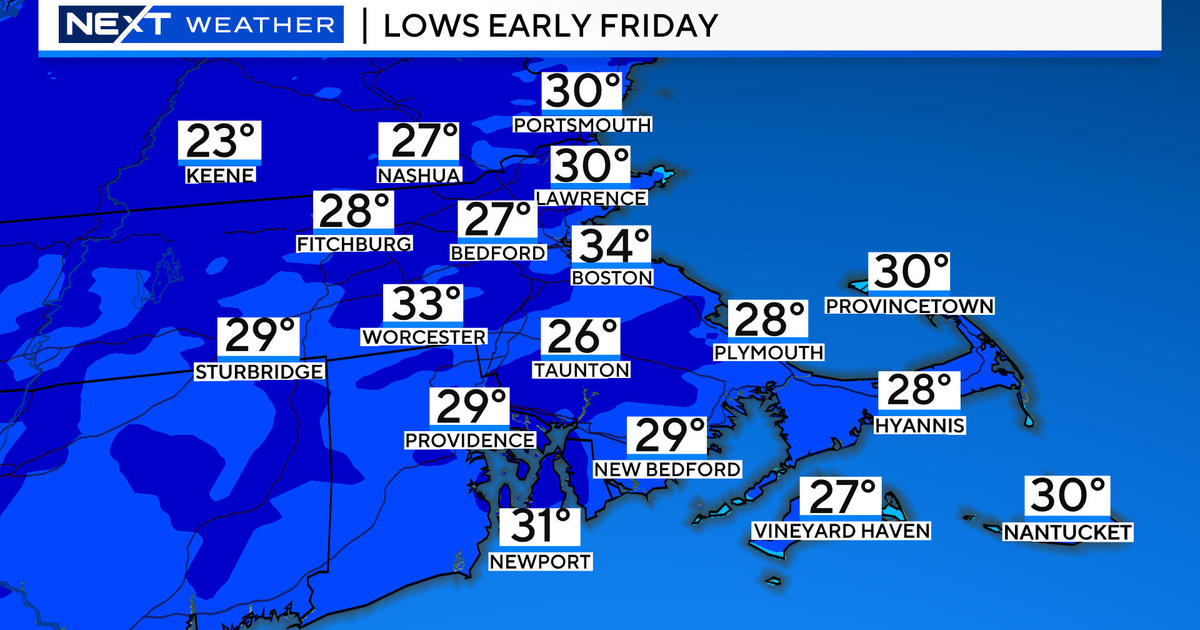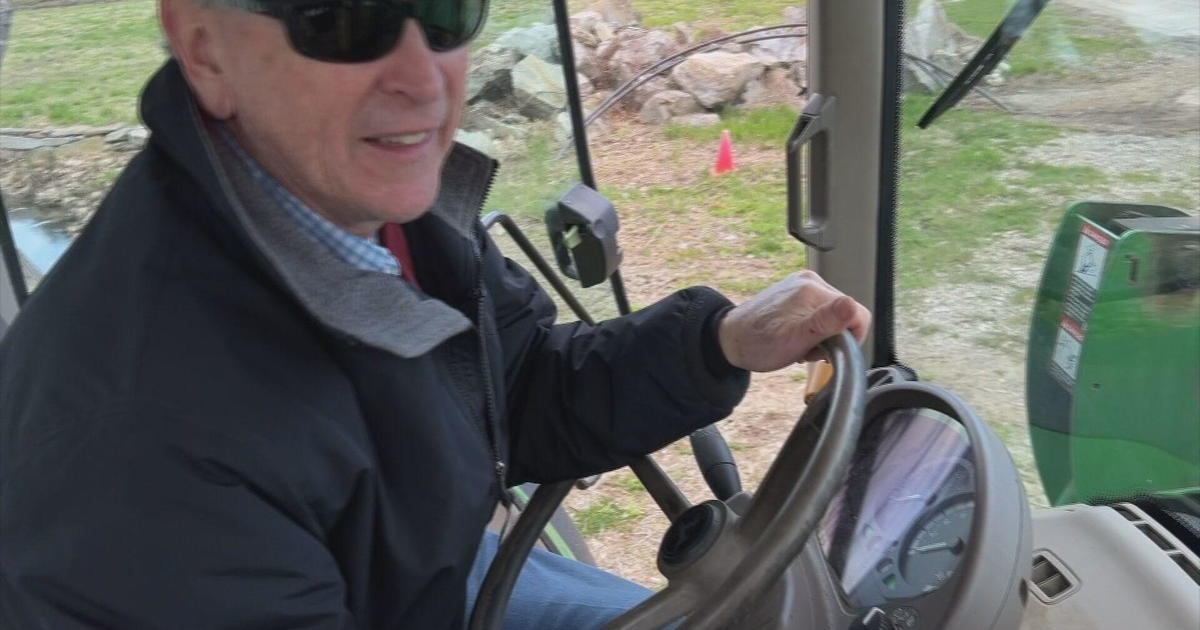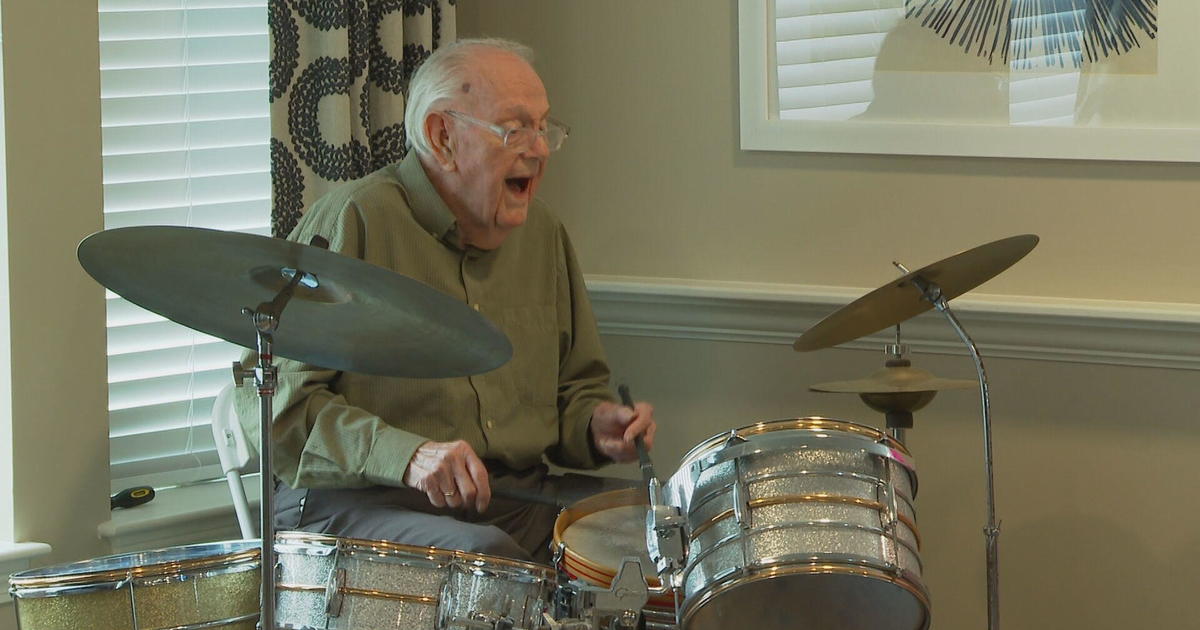Curious Why Bottle Bill Isn't Expanded
 WBZ
WBZ
It seems like whenever you look along a roadside or at a trash can in a park you see them -- water bottles, power drinks or juice containers.
That sent Shelley from Canton to wbztv.com to Declare her Curiosity:
"Why don't they just charge a nickel deposit on water bottles like they do on soda bottles?"
Well, we found that there's a new push to expand the state's bottle bill, and a just as hard push to stop that effort.
At Eagle Bottle and Can in Holbrook the pace is never slow. Cans and bottles clank as workers sort them, put them in bags, and wheel them onto trucks.
Eagle is just one redemption center where people bring their soda and beer containers and get their nickel deposits back. Six million containers come through every year, all because of the Mass. bottle bill, a law that went into effect in 1983.
"It's sorely in need of an update," says Janet Domenitz, the Executive Director of Masspirg, the Massachusetts Public Interest Research Group. She's also one of the movers behind the original bottle bill.
"We've been pushing for that update going on 10 years now in the state legislature," she says.
Domenitz wants to expand the law to include all those other bottles that she says, too often, end up in the trash.
"Vitamin drinks, bottled water, iced teas, fruit drinks that just weren't on the market in the early 80s," she says.
Right now, there are about 20 bills on Beacon Hill that would expand the bottle law, but year after year, nothing moves forward.
"The beverage industry, the liquor retailers, the supermarket chains, they don't want the additional containers to be covered. They're lobbying strongly against it," says Domenitz.
But Chris Flynn, head of the Massachusetts Food Association, a trade group representing the grocery and supermarket industry, says the reason the expansion doesn't move forward is because lawmakers hear the arguments against making that move, and agree.
"We think the worst thing to do is to expand it," says Flynn. "You're essentially bringing trash back to a food store," he adds.
Flynn says that when the bottle bill went into effect, recycling was a small thing.
But now, with curbside recycling, he says we don't need to separate our bottles and cans and haul them ourselves.
"The argument isn't there that it's either cost effective or efficient to do so," he says. He also says adding deposits for more bottles would make it even more expensive for stores. "Increased costs are ultimately borne by the consumer one way or the other," he adds.
But this year, the lousy economy may actually boost the chances of expanding the bottle bill. That's because a lot of people don't collect their deposits.
And that makes Joe from Chelmsford Curious:
"What happens to the leftover money," he asks.
"The retailer has to give that nickel to the state," says Domenitz. According to the Mass. Department of Revenue the state gets about $36 million a year from unclaimed deposits, and that would go up another $20 million if the bottle bill expands.
A hearing on all those bills filed on Beacon Hill to expand the bottle law is scheduled for early October.
© MMX, CBS Broadcasting Inc. All Rights Reserved.



